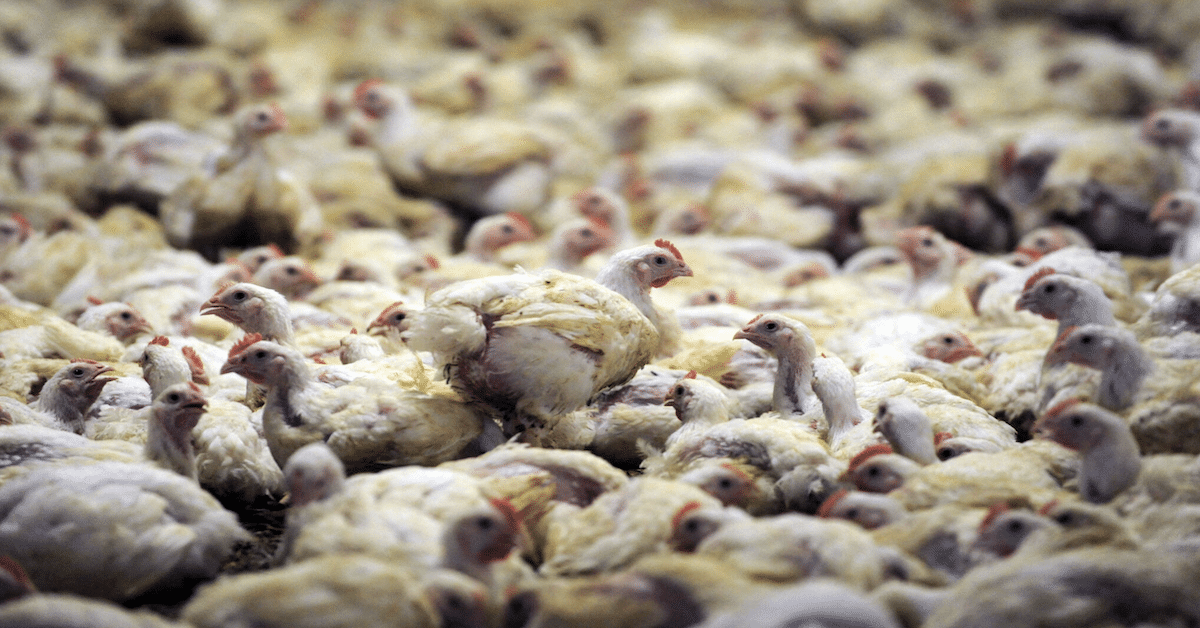French law does not set any target for reducing the number of livestock, only considers « optimization objectives » and only tackles the imperative of decreasing meat consumption with awareness and/or informative measures. These measures are not sufficient to achieve the emission reduction objectives in the agricultural sector.
- The current NECP does not set any target for reducing the number of livestock, while the reduction of consumption of animal products by the French population is limited to informational/awareness measures.
- The revised NECP should include at least an objective to reduce the number of livestock and an objective to reduce the consumption of animal products.
Achieving the objectives of reducing agricultural greenhouse gas emissions in France will only be possible by implementing ambitious measures to reduce both the number of livestock (primarily industrial livestock) and the consumption of animal products by the French population. In combination with good policies supporting agro-ecology and public health, such measures would have environmental and health benefits. Environmental benefits stem from a transition to more extensive and sustainable livestock farming. Public health benefits are a result of a shift to less processed, more organic products and more balanced protein sources.
The French current NECP (National Low Carbon Strategy) does not set any target for reducing the number of livestock, only optimization objectives such as:
- Improving the management of livestock effluents,
- optimizing herd management to reduce unproductive periods,
- limiting enteric fermentation, via adjustments to animal feed.
We therefore ask that the revised NECP includes:
- an objective to reduce the number of livestock, primarily in the most industrial farms,
- to associate this objective with a moratorium on the creation and expansion of farms classified as level 3 ICPE (classified installation for the protection of the environment).
- an objective to reduce the consumption of animal products, including poultry and dairy products, with priority given to the most processed products,
- and to associate this objective with measures to support the evolution of food consumption and access for all to sustainable and healthy food (school canteens, supervision of distributors, etc.)
PREVIOUS
NEXT

